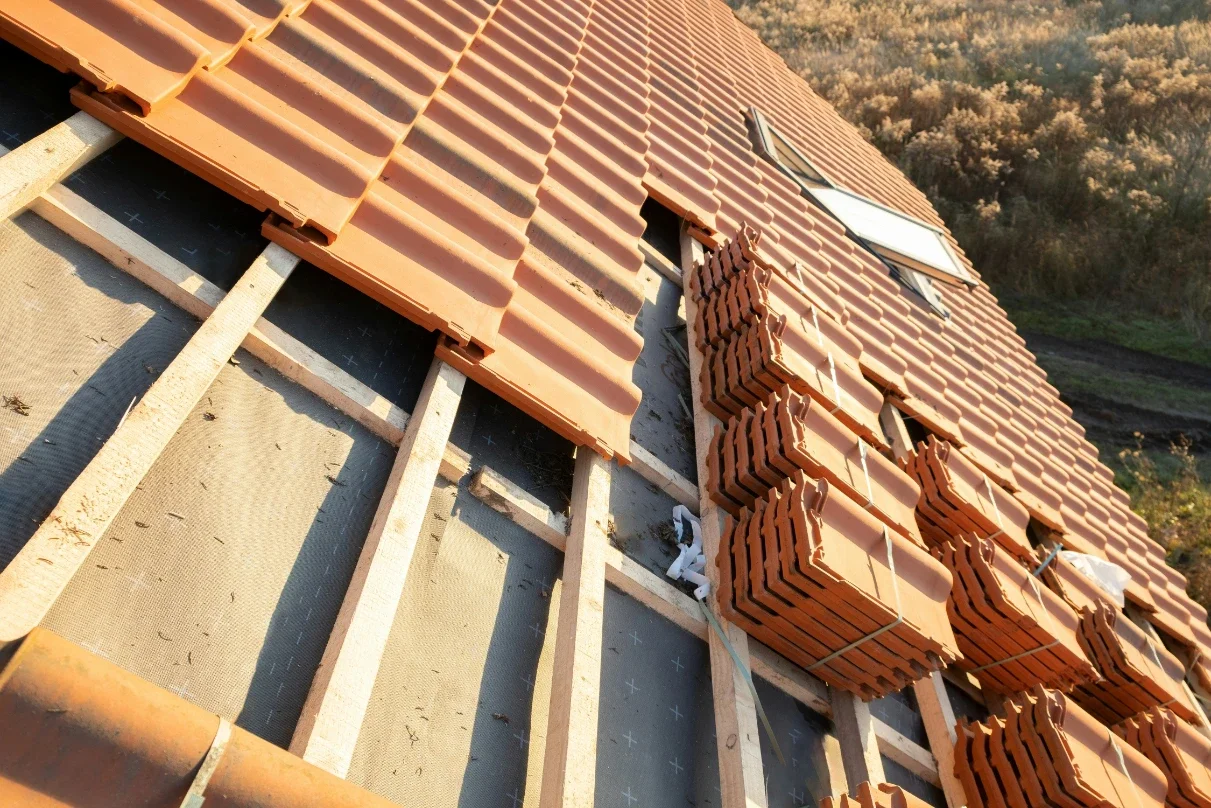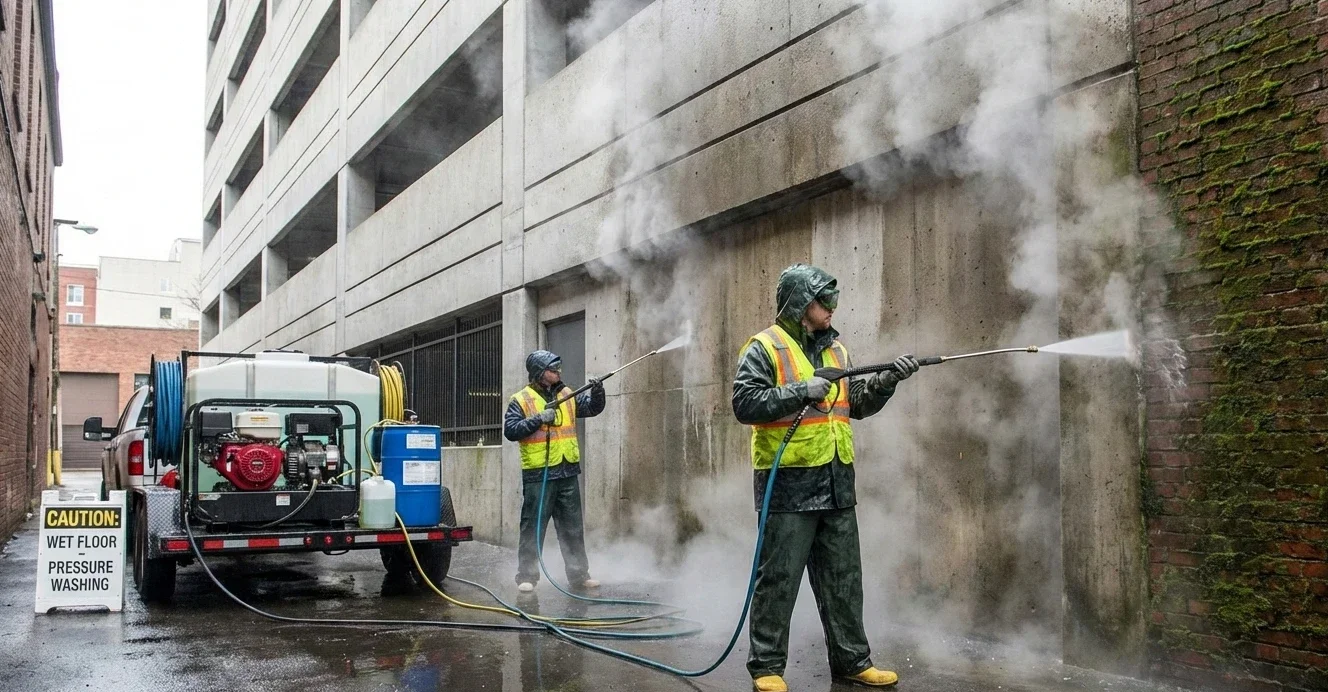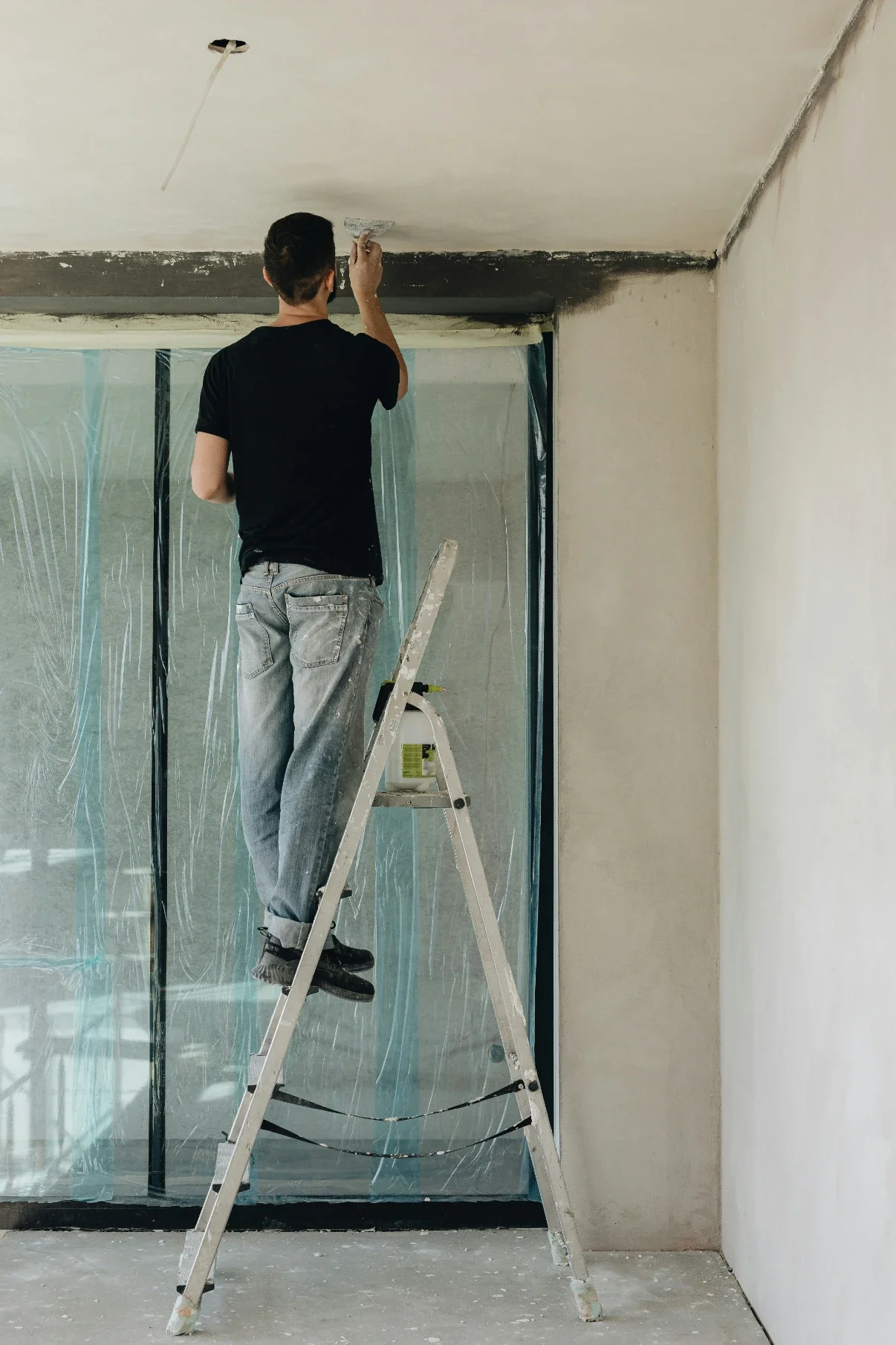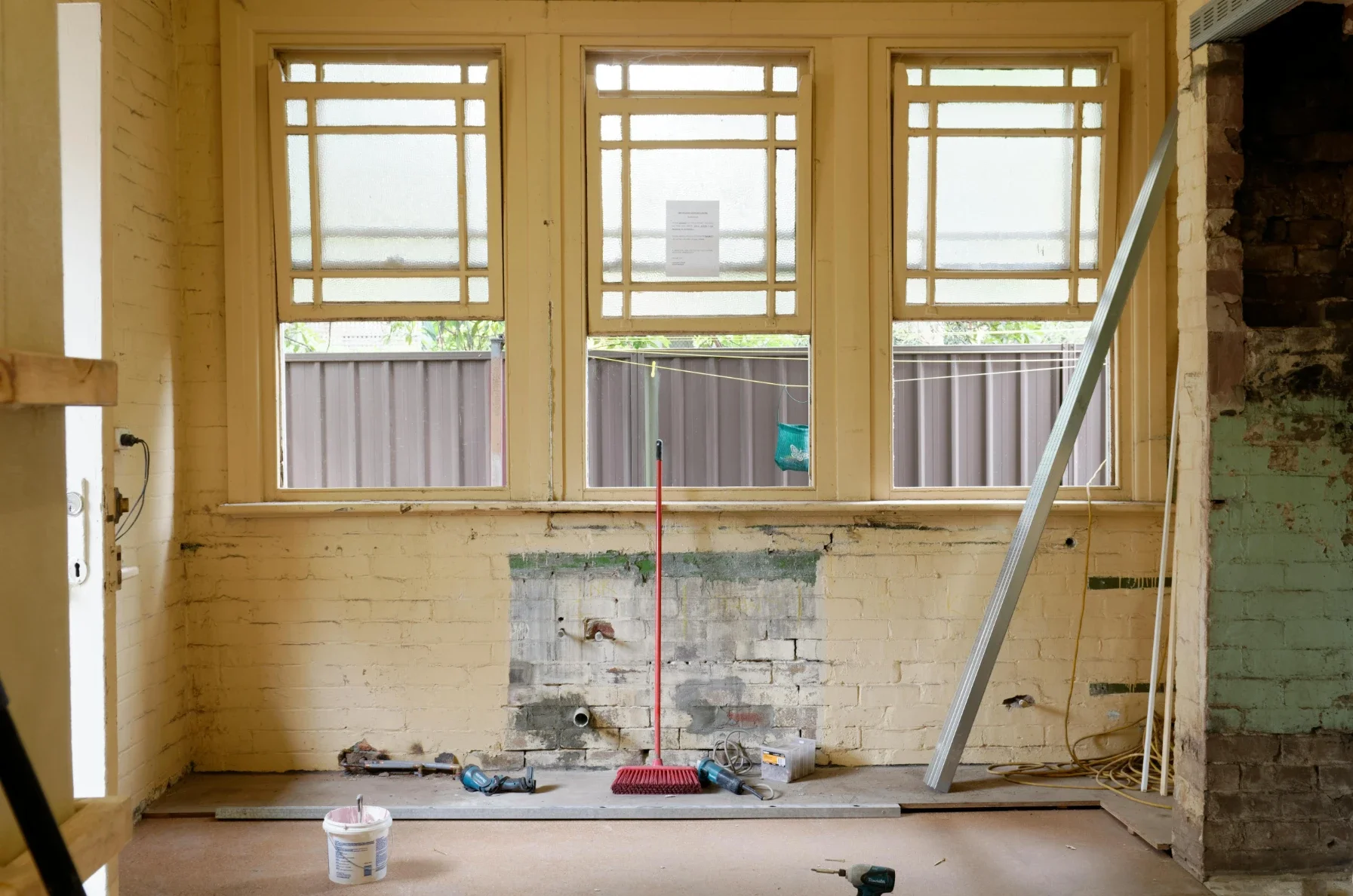First-Time Investor’s Guide to Building Wealth Through Real Estate
Discover how first-time investors can start building wealth through real estate with smart strategies, tips, and beginner-friendly guidance.
Real estate has long been one of the most reliable paths to wealth. Still, many people who are new to investing don’t know where to begin. Real estate can seem too expensive, too risky, or just too complicated.
But here’s the good news—none of those are deal-breakers. You don’t need to be wealthy to start. You don’t need a business degree. You just need the right information, a clear goal, and a plan.
This guide will walk you through everything you need to know to take your first steps into real estate.
1. Explore Investment Styles That Actually Fit
Real estate investing isn’t one-size-fits-all. Some people buy a small rental home and keep it for years. Others flip houses. Some people invest in real estate funds and never see a single property. Each of these styles comes with its own risks and rewards.
As a beginner, think about your time, money, and comfort level. If you don’t want to deal with tenants or repairs, maybe a real estate investment trust[A1] (REIT) is a better fit than buying a rental. If you’re open to being more hands-on, house hacking—where you live in one part of a property and rent out the other—can be a smart way to start with minimal risk.
Choose a style that works with your lifestyle. Don’t just copy what someone else did. What worked for them may not work for you.
2. Learn the Key Numbers Before You Buy
Successful real estate investing depends on math, not luck. Start by learning how to calculate expected monthly income and subtract your expenses, including mortgage payments, property taxes, insurance, and repairs.
One key number to learn is the rental cap rate. If you’ve wondered what is a good rental cap rate, the answer depends on your market, but most investors look for something between 5% and 8%. The cap rate tells you how much income the property is expected to generate as a percentage of its price. It’s not perfect, but it gives you a quick way to compare opportunities.
Use tools like spreadsheets or apps to help you get accurate estimates. Never buy a property without knowing what the numbers say.
3. Focus on the Market, Not Just the Property
It’s easy to fall in love with a cute house or a freshly remodeled kitchen. But real estate is more about the location than the details inside the home. A great property in the wrong area won’t help you build wealth.
Look for areas with job growth, new businesses, low crime rates, and a healthy rental market. This kind of research takes time, but it’s worth it. A property that stays vacant or attracts the wrong kind of tenants can hurt your finances. Use online tools, talk to local agents, and visit neighborhoods in person if possible.
Long-term value comes from smart location choices, not cosmetic upgrades.
4. Don’t Overlook Hidden Costs
The price on the listing is just the beginning. Real estate comes with a lot of extra costs that many beginners miss. These can include maintenance, vacancy periods, HOA fees, pest control, and legal fees. These small costs add up and can quickly turn a “good deal” into a money drain.
Plan for these from the start. Set aside money for repairs, even if the property looks new. Expect that tenants might leave and give yourself a few months’ cushion in your budget. A property that breaks even on paper might lose money in real life if you don’t plan for the extras.
Being prepared for these costs helps you avoid financial stress and keeps your investment profitable.
5. Look Into Loan Options That Work for You
You don’t always need a large down payment to get started. Many first-time investors assume they need 20% down, but that’s not the only option. If the property will be your primary home, you might qualify for FHA loans with as little as 3.5% down. VA loans can offer even better terms if you’re eligible.
If you plan to buy a rental property, lenders usually ask for a larger down payment, but there are still ways to make it work. Some investors work with partners or use equity from another property. Others explore portfolio loans or local credit unions with flexible terms. Each option has pros and cons, so compare carefully. Look at interest rates, loan length, and upfront fees. Choose what gives you the best balance between risk and return.
6. Start with a Property You Can Manage
You don’t need to start big. A small duplex or single-family rental is often the best first step. It’s easier to finance, easier to manage, and still gives you hands-on experience. Don’t try to jump into large multi-unit buildings right away unless you have help and solid training.
Choose a property that fits your budget and skill level. The goal isn’t to get rich overnight—it’s to learn the process. A smaller, simpler property is easier to keep, rent, and maintain. It also gives you space to make small mistakes without major consequences. Once you’re comfortable, you can move on to bigger investments.
7. Build a Team You Can Trust
Even if you want to do a lot of the work yourself, you’ll still need help. A solid team makes real estate investing smoother and safer. Look for a reliable real estate agent, an experienced home inspector, and a lender who understands your goals.
You might also want a property manager, especially if you don’t live near your rental. A good manager can screen tenants, handle repairs, and save you hours of work. You’ll also need an accountant who understands real estate taxes and can help you with write-offs and record-keeping. Surrounding yourself with the right people helps you avoid costly mistakes.
8. Avoid Mistakes That Hurt Your Bottom Line
First-time investors often run into problems because they move too fast or skip key steps. One common mistake is underestimating repair costs. Another is buying based on emotion instead of facts. Some people forget to factor in vacancies or assume rent will always cover the mortgage. These errors add up quickly.
Be patient. Do your research. Get inspections. Use real numbers, not guesses. Always assume things will cost more and take longer than planned. You’ll save money and avoid stress by planning for what could go wrong.
You don’t need to be an expert to start investing in real estate. What you do need is the willingness to learn, plan, and act. By understanding your finances, researching markets, learning key numbers like the rental cap rate, and starting with manageable goals, you set yourself up for steady growth.
Real estate can be one of the best ways to build long-term wealth, even if you’re just getting started. Keep things simple, avoid common mistakes, and don’t rush. With the right steps and a little patience, you can build a portfolio that pays off for years to come.






























